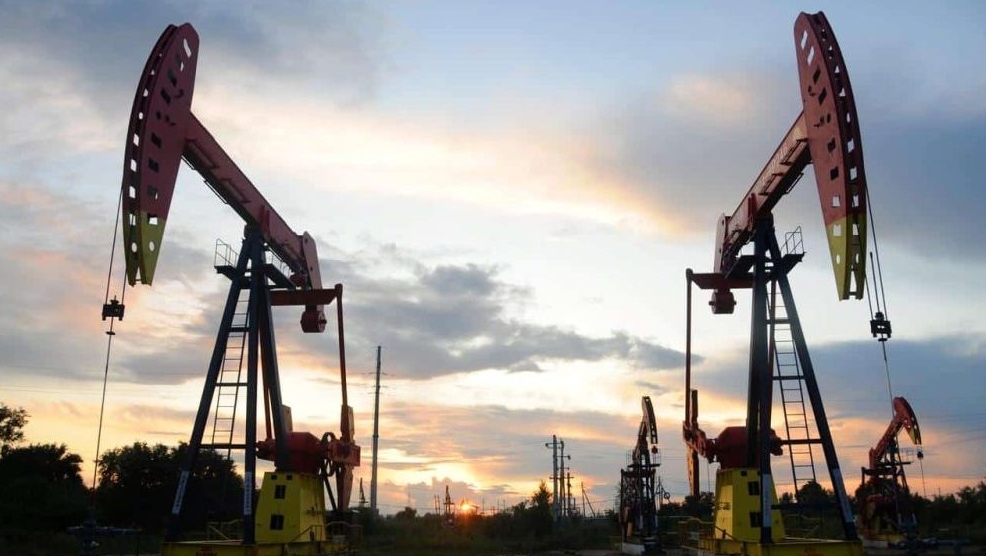Pakistan is grappling with a growing energy crisis, with gas shortages becoming a pressing concern across the country. In a recent meeting chaired by Senator Umar Farooq, the Senate Standing Committee on Petroleum unveiled critical details about the nation’s gas exploration, production
Key Highlights from the Petroleum Committee Meeting
1. Oil and Gas Exploration Costs and Output
- Over the past three years, 56 drilling operations were conducted, costing Rs. 430 billion.
- Current production levels:
- Crude Oil:
- 7,696 barrels per day.
- Natural Gas:
- 260.77 MMCFD (million cubic feet per day).
Despite these efforts, domestic production falls significantly short of meeting national demand.
2. The Cost of Imported Gas
- Imported gas is 10 times more expensive than locally produced gas.
- Committee member Qurat-ul-Ain Marri questioned the logic behind prioritizing imports over boosting domestic production.
3. Infrastructure Challenges
- No underground gas storage:
- Pakistan lacks the infrastructure to store natural gas efficiently, limiting its ability to manage surplus production.
- Local production is sometimes reduced to avoid pipeline overpressure, which can lead to explosions.
The Complexities of Gas Import Agreements
Officials clarified that Pakistan’s reliance on imported gas stems from binding international agreements, some of which extend until 2030. These agreements require the country to purchase gas even when domestic supplies are sufficient.
Key Concerns Raised:
- Inflexible agreements:
- Senator Mohsin Aziz questioned whether contracts with Qatar allow renegotiation to reduce imports.
- Idle LNG cargoes:
- Officials highlighted that failure to inject imported LNG into pipelines would result in costly delays as cargo ships remain idle at sea.
The Impact of Gas Shortages on the Public
Chairman Senator Umar Farooq expressed frustration over the disconnect between production, imports, and public access to gas. Karachi and other major cities face persistent gas shortages, disrupting daily life and economic activities.
Supply Timings:
- Gas is supplied from 5 a.m. to 11 p.m. based on demand.
- Officials cited low demand during off-peak hours as the reason for limited 24-hour supply, but committee members pointed out the negative impact on households and businesses.
The Path Forward: Recommendations and Solutions
The Senate Committee emphasized the need for better management of gas resources and urged officials to explore cost-effective alternatives. Some potential solutions include:
- Investing in Underground Storage Facilities
- Developing storage infrastructure can help manage surplus production and reduce dependence on expensive imports.
- Revisiting Import Agreements
- Renegotiating terms with international partners to allow flexibility in import volumes.
- Boosting Local Production
- Allocating more resources to increase domestic exploration and streamline supply chain processes.
- Improving Pipeline Safety
- Upgrading infrastructure to minimize risks of overpressure and pipeline explosions.


